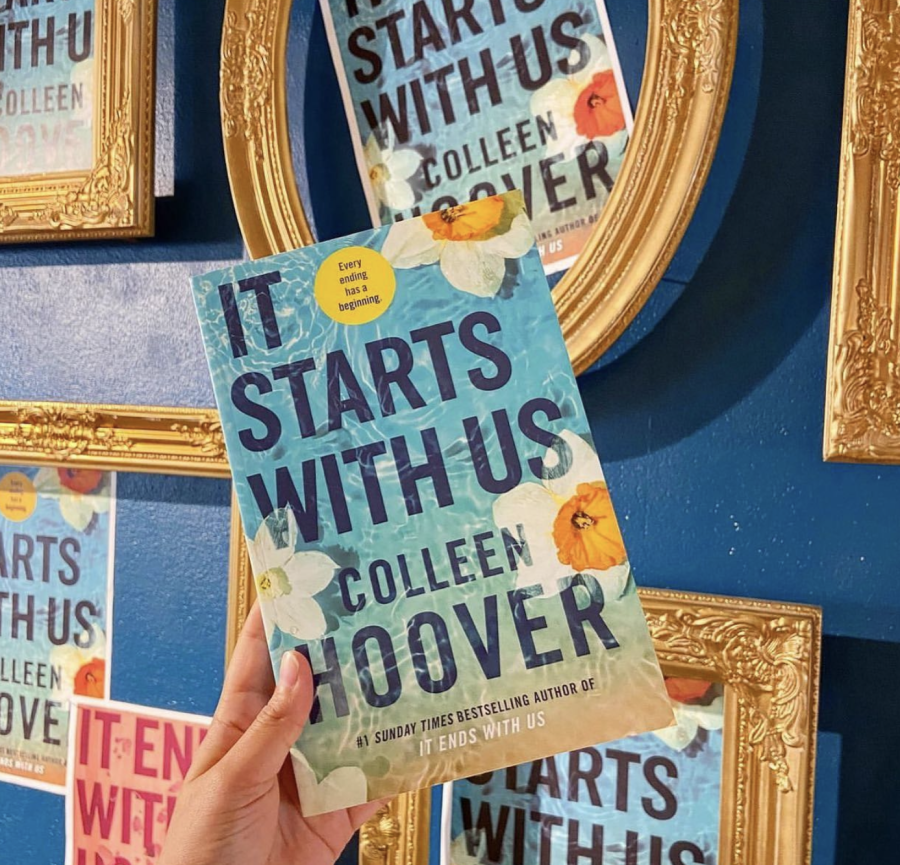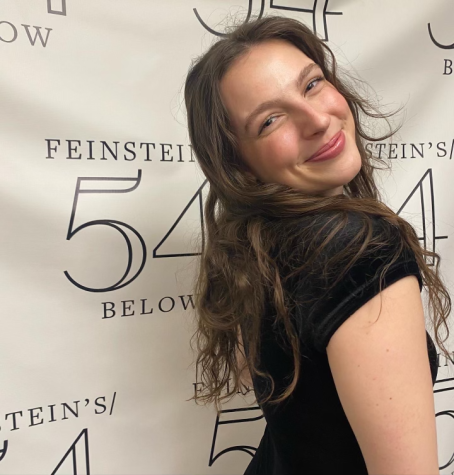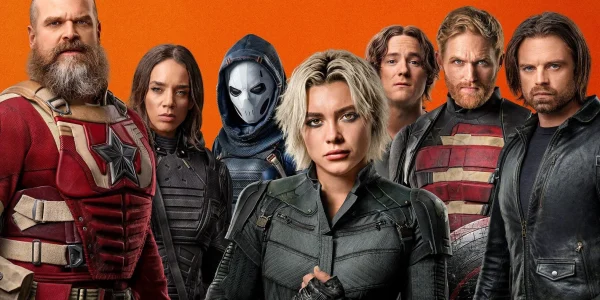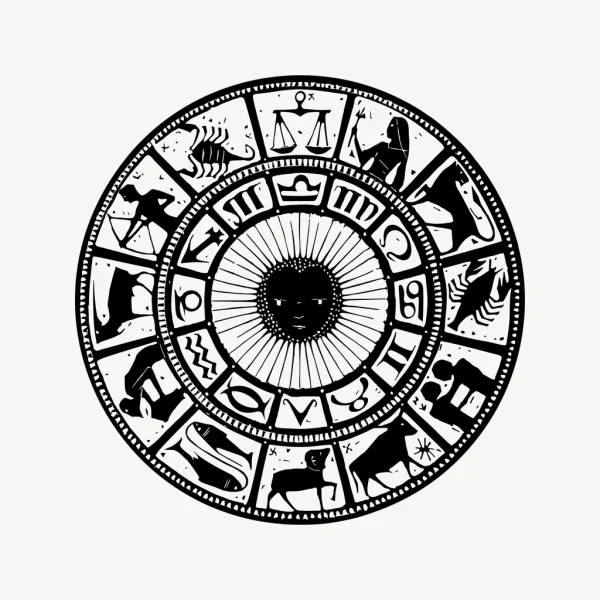Bad writing sells, see Colleen Hoover
December 13, 2022
Colleen Hoover lives my ideal life–she writes mediocre books, gets paid a fortune for it, then receives praise on social media–but that does not make me a fan. Her name has haunted the halls of “BookTok” ever since her 2016 novel “It Ends with Us” gained a cult-like following on the app–strange timing considering how long the book has been out. Though “It Ends with Us” and much of her other work are praised by many content creators on social media, there has been much debate on whether or not that praise has been earned.
Many avid readers have expressed their disdain for not only the popular novel but its author as well; myself included.
“Do people like books because other people like books, or do people like books because they actually have an opinion?” asked Erin Cox, a professor at the University who also works in the publishing industry. “What I want to know is, are they reading Colleen Hoover’s books because they actually like her, or do they just want to be a part of the fan club?”
To answer this question, we must examine her most popular novel itself. “It Ends with Us” follows Lily Blossom Bloom who, of course, owns a flower shop–that in and of itself is all I need to know to come to the conclusion that the writing is objectively bad. It all seems too good to be true when she meets Ryle (yes, that’s really the name Hoover went with). He’s a surgeon, he has his own troubled history and, in true rom-com fashion, the sex is great. Lily’s life was touched by domestic abuse at a young age and she vows never to end up in a relationship like her mother’s, until one day she does.
I will give credit where credit is due and say that the one thing done well here is the author’s ability to put the reader in the mindset of the victim and empathize with how difficult the decision to leave a toxic relationship is. But the main issue is how underdeveloped the entire novel is. I’ve heard Hoover is known for her twists, but in this case, the twist is violence within their seemingly perfect relationship. Tackling a subject like domestic abuse is difficult enough, but the writing itself feels sloppy as if the author is throwing in every possible subplot to add drama to an already dramatic story. The characters have little substance to them, and their relationships mirror that. Unfortunately, the whole thing ends up feeling like some kind of twisted fanfiction, which is a concern especially for the young audience it reaches. I fear that this kind of writing has carried over into her other novels as well since it’s widely proclaimed that all of her work is quite similar.
Since I suspect that Hoover fans aren’t picking up her books because of how undeniably good her writing skills are, it makes me wonder why they are picking them up in the first place; even further than that, how she has the following she does. Other students are asking this same question.
“From what I’ve heard, her writing is pretty amateur–enough so that I’m surprised she has such a big fanbase. It makes her writing accessible, but since her content is entirely adult, that’s also dangerous since so many children and preteens are drawn to her work,” Emma Sylvia, senior English major, pointed out. “The popularity of her works set a dangerous precedent for what preteens read.”
Many of Hoover’s books fall under the Young Adult (YA) category for readers 14+, but others are rated New Adult (18+) or Mature. Oftentimes, however, readers pay no mind to book ratings, resulting in teenagers reading books with very heavy content. If you look up Colleen Hoover on TikTok, comment sections are filled with things like, “me reading ‘It Ends with Us’ at 13…” and “I read her New Adult books before I could even count as a Young Adult.”
At the root of all this, the real issue might be the legitimacy of BookTok recommendations. It is safe to say that the younger generations often get their recommendations from social media–I would assume that this contributes to the spotlight Hoover finds herself in. Though this is not always the case, social media tends to put convenience and trendiness on a pedestal over quality. It would make sense then that her writing is consumed by readers who are not exactly looking for complex artistry but shock value and sex appeal: an entertaining read. It is often believed that reading is good for your mind regardless of the content, and while there is truth to that, I’m not sure how much we actually gain from reading books that are underdeveloped and poorly written. And BookTok continuing to promote books like this only pushes that issue further.
If reading one of Colleen Hoover’s books is what gets people to read, I’m all for it. But I question the implications that come with consuming this style of writing.













Corey • Aug 9, 2024 at 6:55 am
All her books read like amateurish fanfiction to me. Every sentence is a cliche, every situation, every character; it’s just relentlessly bad on every level.
Helen Simmons • Aug 7, 2023 at 8:31 am
I am so disappointed in this book, particularly after reading Lisa Jewel’s ‘The Family Upstairs’.
This is badly written and lacks nuance. Such a shame
Tamara Faulstich • Jun 14, 2023 at 11:33 am
I just finished Verity…my first and last book by Hoover. What a complete piece of dreck. If authors were required to be licensed, her license should have been permanently revoked.
I can only feel sorry for the many people out there who have actually penned a good story and can’t find a publisher, and Hoover keeps pooping out this caca.
Summer M • Apr 10, 2023 at 3:25 pm
Finally someone says it. I have been saying this whole time that her books read like an awful Lifetime movie.